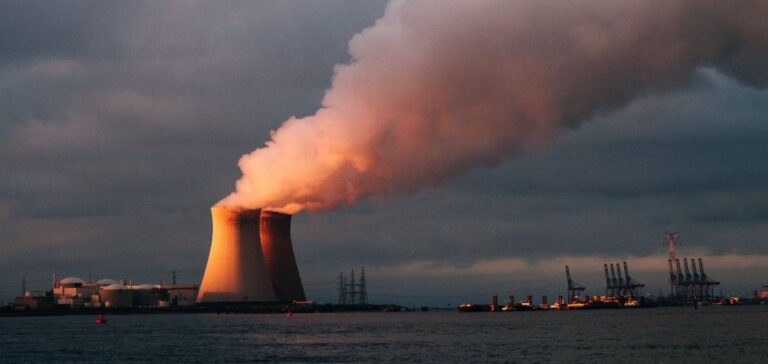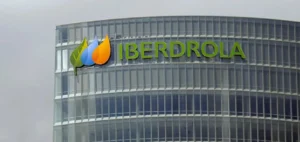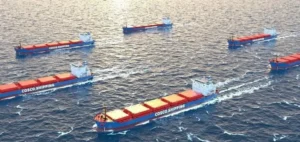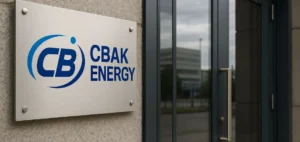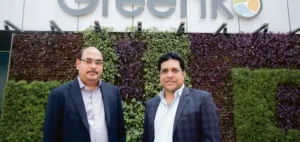Advanced and legacy nuclear technologies are approaching what could be their greatest development opportunity as timelines for meeting global decarbonization targets and tackling the climate change crisis shorten, according to experts speaking on an Electric Power Research Institute panel.
Nuclear power at the heart of global decarbonization: a march towards sustainability.
“We need nuclear power to play all the roles it can play,” said Diane Cameron, Head of the Nuclear Technology Development and Economics Division at the Nuclear Energy Agency of the Organisation for Economic Co-operation and Development, on July 19.
“There’s a huge momentum in the world for nuclear power today in a way that hasn’t existed for decades, and there’s a seriousness to that momentum that didn’t exist around the so-called ‘renaissance’ of 2010.”
Factors that have prompted this new consideration of nuclear power include the climate crisis that is increasingly being felt around the world, Cameron continued, and the reality of short response times. a crisis in energy security and a desire to reduce energy poverty to foster economic development. Tripling capacity encouraged The panelists said that analyses show that the world should consider tripling global installed nuclear capacity to nearly 1,200 GW by 2050 if it is to play a role in the transition to clean energy.
“We’ve had another 10 years without decarbonization with other options, and it’s almost too late, period,” said Jonathan Cobb, senior director of communications at the World Nuclear Association.
“This creates a demand for nuclear power. Now that we’ve been vetted, we need to deliver.” Achieving a global target of 1,200 GW will require a range of nuclear technologies with diverse applications, participants said.
“This will be absolutely crucial to achieving decarbonization of the entire global economy,” Cobb said.
Deployment of modular reactors: a global trend in the face of the energy transition.
To date, there has been no shortage of advanced reactor designs, although none are operating commercially in the U.S., said Doug True, Senior Vice President and Chief Nuclear Officer of the Nuclear Energy Institute. Worldwide, there’s a commercial MRP under construction in China, Cobb says, with others “getting there” and expected within the decade.
“But he’s got to get out of the starting gate,” said Cobb.
The panelists encouraged further investment in nuclear innovations such as fusion, “but we also need to activate the technology at our disposal,” said Cameron.
Collaboration between small and large A conversation about small modular reactors isn’t complete without a discussion of the continuing role of larger-scale reactor technologies, experts say.
“We have to recognize that they are often linked,” said Mr. Cobb, adding that in the UK, Poland, France and India, MRP projects go hand in hand with the development of large reactors.
“We can really see a trend in the world of countries looking to develop PRMs, but they’re often doing it in parallel with the deployment of [réacteurs à eau légère] as well.”
And as countries around the world consider ending carbon-intensive power generation, demand for alternatives is growing, the panelists said.
“Demand is truly global,” said Cameron, citing the need to replace several terawatts of global installed coal capacity as well as natural gas cogeneration, bunker fuel and diesel.
The challenges facing nuclear power: the need to fill gaps in order to access global markets.
Meeting the challenges Nuclear power still faces a number of challenges in bridging these gaps. Some include market access, regulatory collaboration, permitting timelines, multi-jurisdictional permitting, fuel availability and labor.
Overcoming these challenges is “what’s going to unlock these global markets”, said Cameron.
“Nuclear is not the only solution; it’s part of the solution,” said Neil Wilmshurst, Senior President of Energy System Resources at the Electric Power Research Institute.
“This actually puts enormous pressure on the nuclear industry to deliver the goods.”

